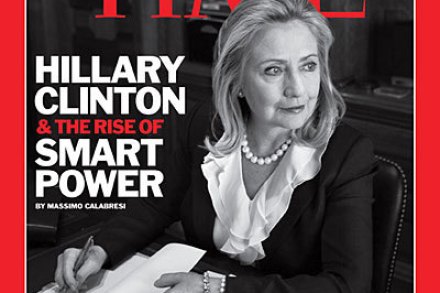Barometer | 5 November 2011
• Initial problems The leaders of the eurozone countries have hatched a plan to bundle up dodgy Greek government debt and sell it to the Chinese. Without any apparent sense of irony, the debt will be sold in the form of a Special Purpose Investment Vehicle — known as Spiv for short. Some other unfortunate acronyms: — Canadian Reform Alliance Party (since merged with the Conservatives) — Committee to Re-Elect the President: formed to raise money for Richard Nixon’s election campaign in 1972 — Area Rolling Stock Engineer: position held by British Railways functionaries — South Lake Union Trolley: (reputed) original name for tram line in Seattle — SS: now-replaced emblems








